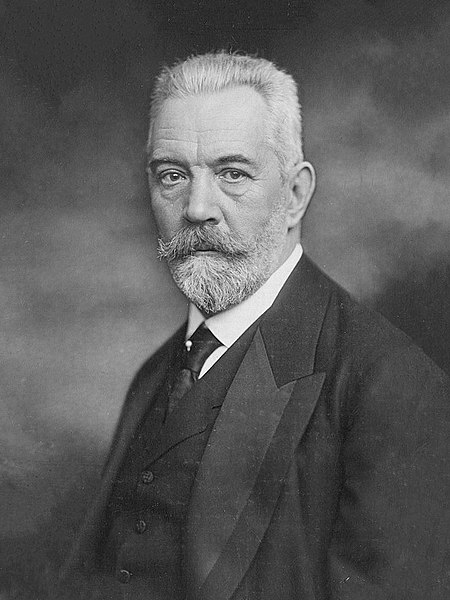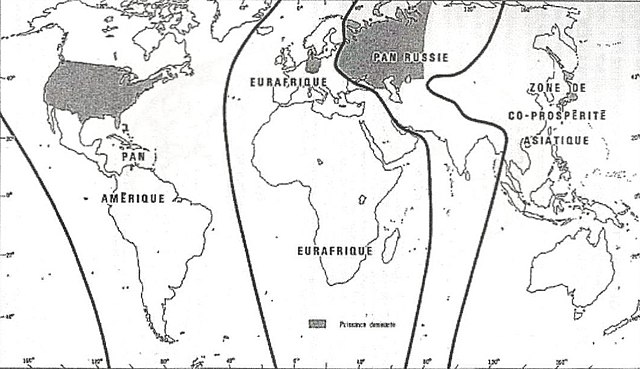Lebensraum is a German concept of expansionism and Völkisch nationalism, the philosophy and policies of which were common to German politics from the 1890s to the 1940s. First popularized around 1901, Lebensraum became a geopolitical goal of Imperial Germany in World War I (1914–1918), as the core element of the Septemberprogramm of territorial expansion. The most extreme form of this ideology was supported by the Nazi Party and Nazi Germany. Lebensraum was a leading motivation of Nazi Germany to initiate World War II, and it would continue this policy until the end of the conflict.
The German geographer and ethnographer Friedrich Ratzel (1844–1904) coined the word Lebensraum (1901) as a term of human geography, which the Nazis adopted as a by-word for the aggressive territorial expansion of Germany into the Greater Germanic Reich.
The Swedish political scientist Johan Rudolf Kjellén (1864–1922) interpreted Friedrich Ratzel's ethnogeographic term, Lebensraum as a geopolitical term, which the Nazis applied to justify German warfare.
Theobald von Bethmann Hollweg, Chancellor of Germany from 1909 until 1917, was a proponent of German Lebensraum as a natural right of Imperial Germany.
Mein Kampf (1926–28), Hitler's political autobiography, presented the racist philosophy of Lebensraum advocated for Germany by the Nazi Party.
Geopolitics is the study of the effects of Earth's geography on politics and international relations. While geopolitics usually refers to countries and relations between them, it may also focus on two other kinds of states: de facto independent states with limited international recognition and relations between sub-national geopolitical entities, such as the federated states that make up a federation, confederation, or a quasi-federal system.
Division of the world according to Haushofer's Pan-Regions Doctrine





